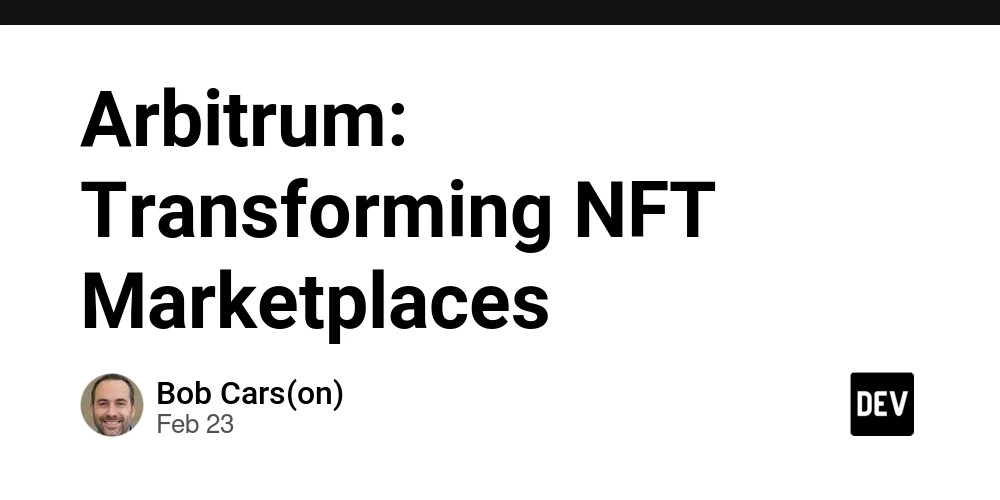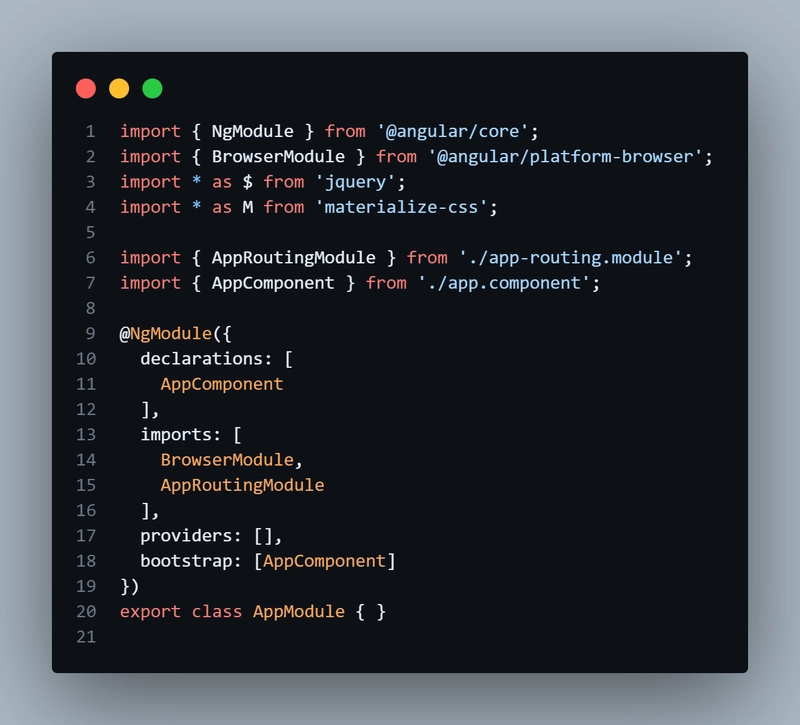SSO vs OAuth – Understand the Key Difference
If you're building modern web or mobile apps, chances are you've come across terms like SSO, OAuth, and OpenID Connect (OIDC). While they often appear together, they serve different purposes. Here’s a quick breakdown: TL;DR Concept Purpose Deals With Example SSO One login for multiple apps Authentication Gmail + YouTube login OAuth Grant access to user data Authorization Access Google Drive OpenID Connect Verify user identity Authentication "Login with Google" button ✅ SSO (Single Sign-On) What it does: Lets users log in once and access multiple apps without re-entering their credentials. Use case: Login to Google once → access Gmail, Drive, YouTube. Powered by: Protocols like SAML, OIDC, or Kerberos. Purpose: Simplifies authentication.
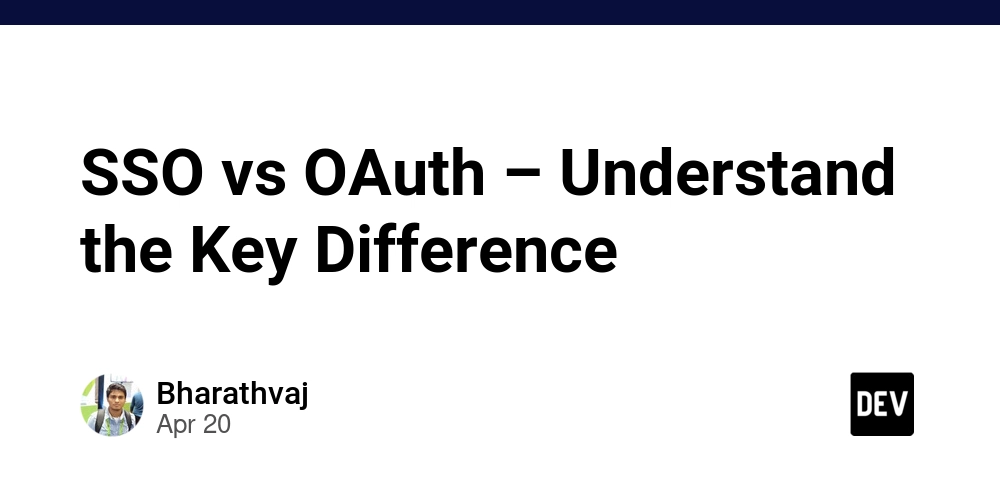
If you're building modern web or mobile apps, chances are you've come across terms like SSO, OAuth, and OpenID Connect (OIDC). While they often appear together, they serve different purposes. Here’s a quick breakdown:
TL;DR
| Concept | Purpose | Deals With | Example |
|---|---|---|---|
| SSO | One login for multiple apps | Authentication | Gmail + YouTube login |
| OAuth | Grant access to user data | Authorization | Access Google Drive |
| OpenID Connect | Verify user identity | Authentication | "Login with Google" button |
✅ SSO (Single Sign-On)
What it does:
Lets users log in once and access multiple apps without re-entering their credentials.
Use case:
Login to Google once → access Gmail, Drive, YouTube.
Powered by:
Protocols like SAML, OIDC, or Kerberos.
Purpose:
Simplifies authentication.









































































































































































![[The AI Show Episode 144]: ChatGPT’s New Memory, Shopify CEO’s Leaked “AI First” Memo, Google Cloud Next Releases, o3 and o4-mini Coming Soon & Llama 4’s Rocky Launch](https://www.marketingaiinstitute.com/hubfs/ep%20144%20cover.png)
















































































































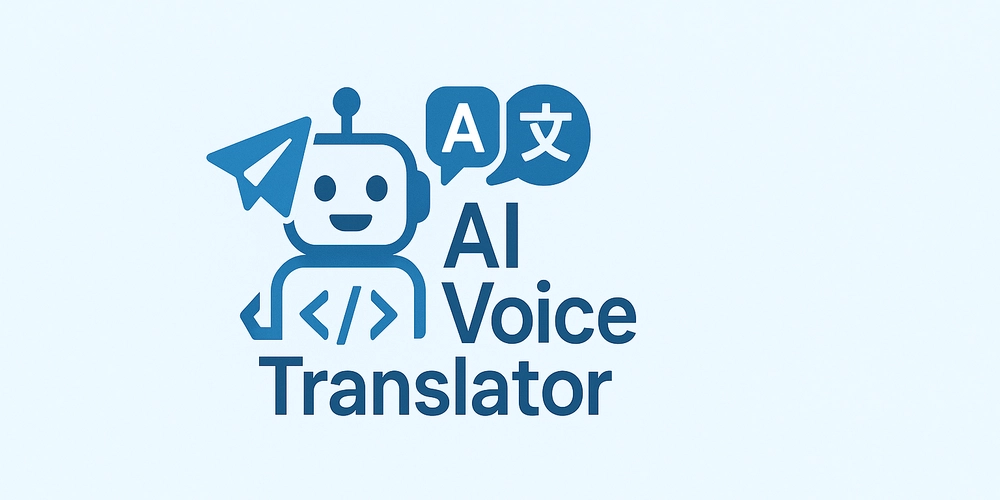
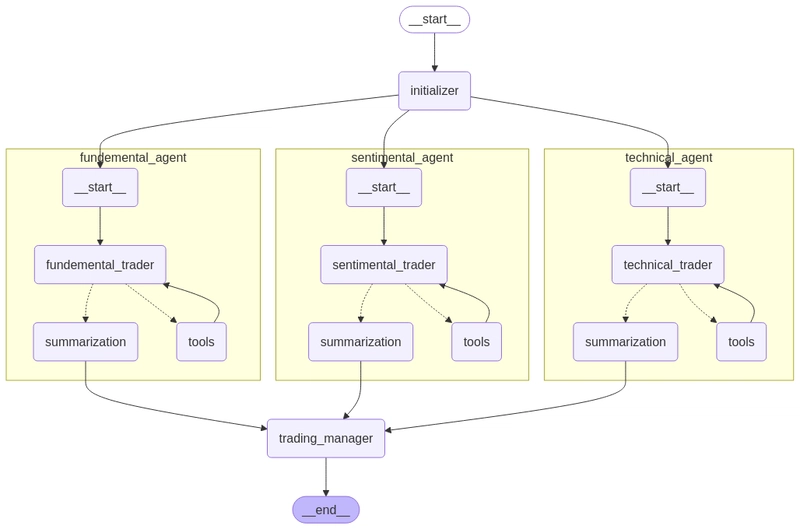
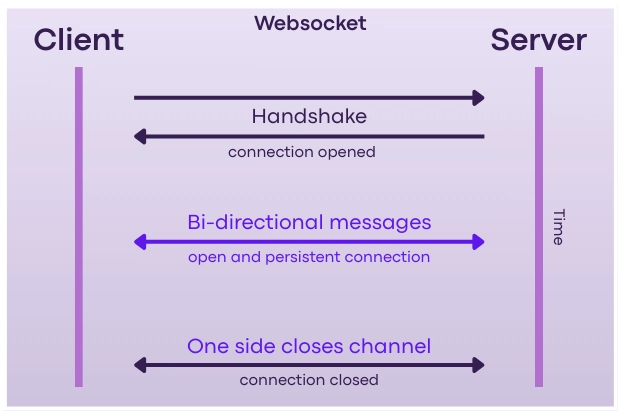










![[DEALS] The All-in-One Microsoft Office Pro 2019 for Windows: Lifetime License + Windows 11 Pro Bundle (89% off) & Other Deals Up To 98% Off](https://www.javacodegeeks.com/wp-content/uploads/2012/12/jcg-logo.jpg)



























![Is this too much for a modular monolith system? [closed]](https://i.sstatic.net/pYL1nsfg.png)











































































































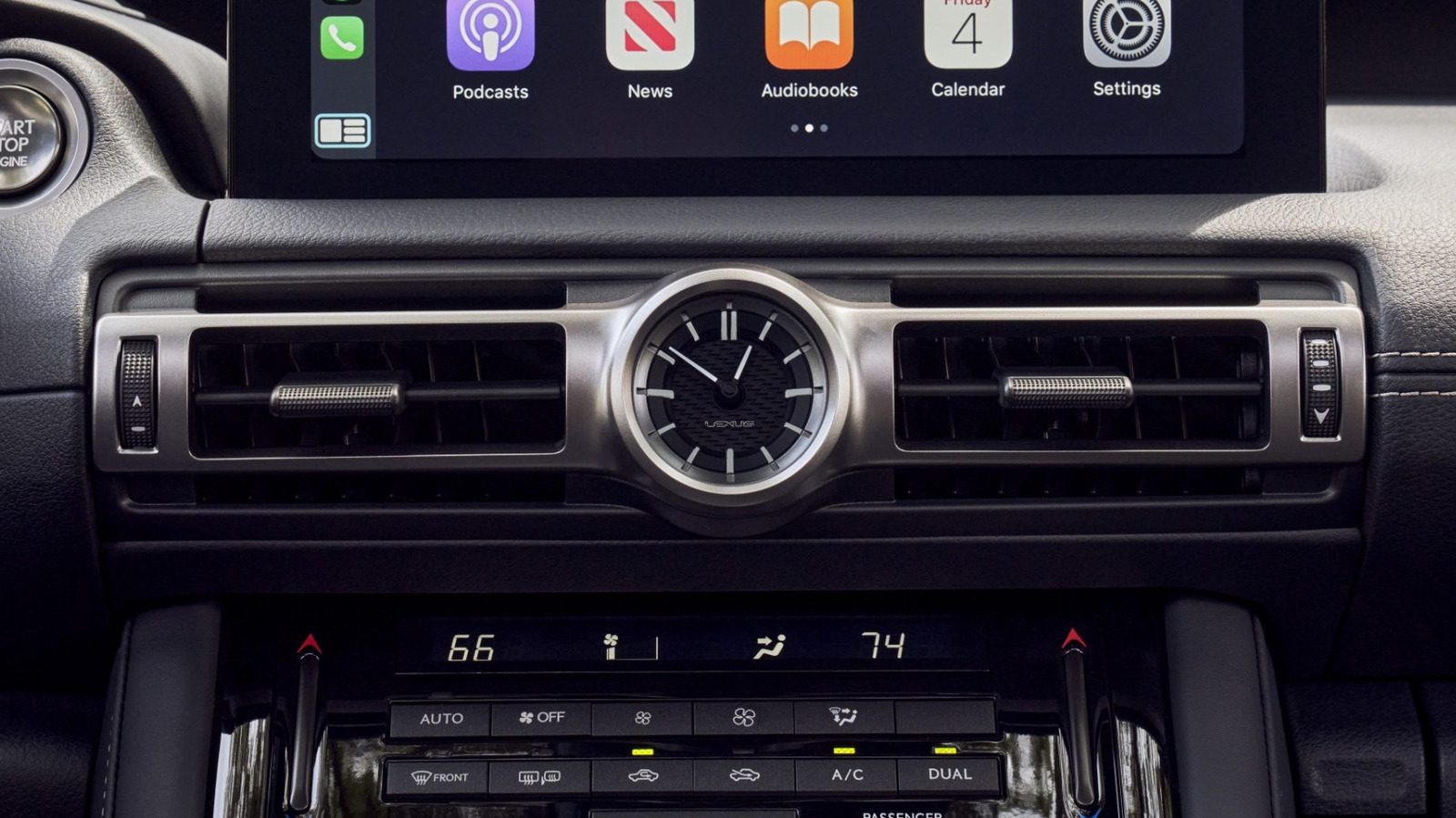










_Andreas_Prott_Alamy.jpg?width=1280&auto=webp&quality=80&disable=upscale#)
























































































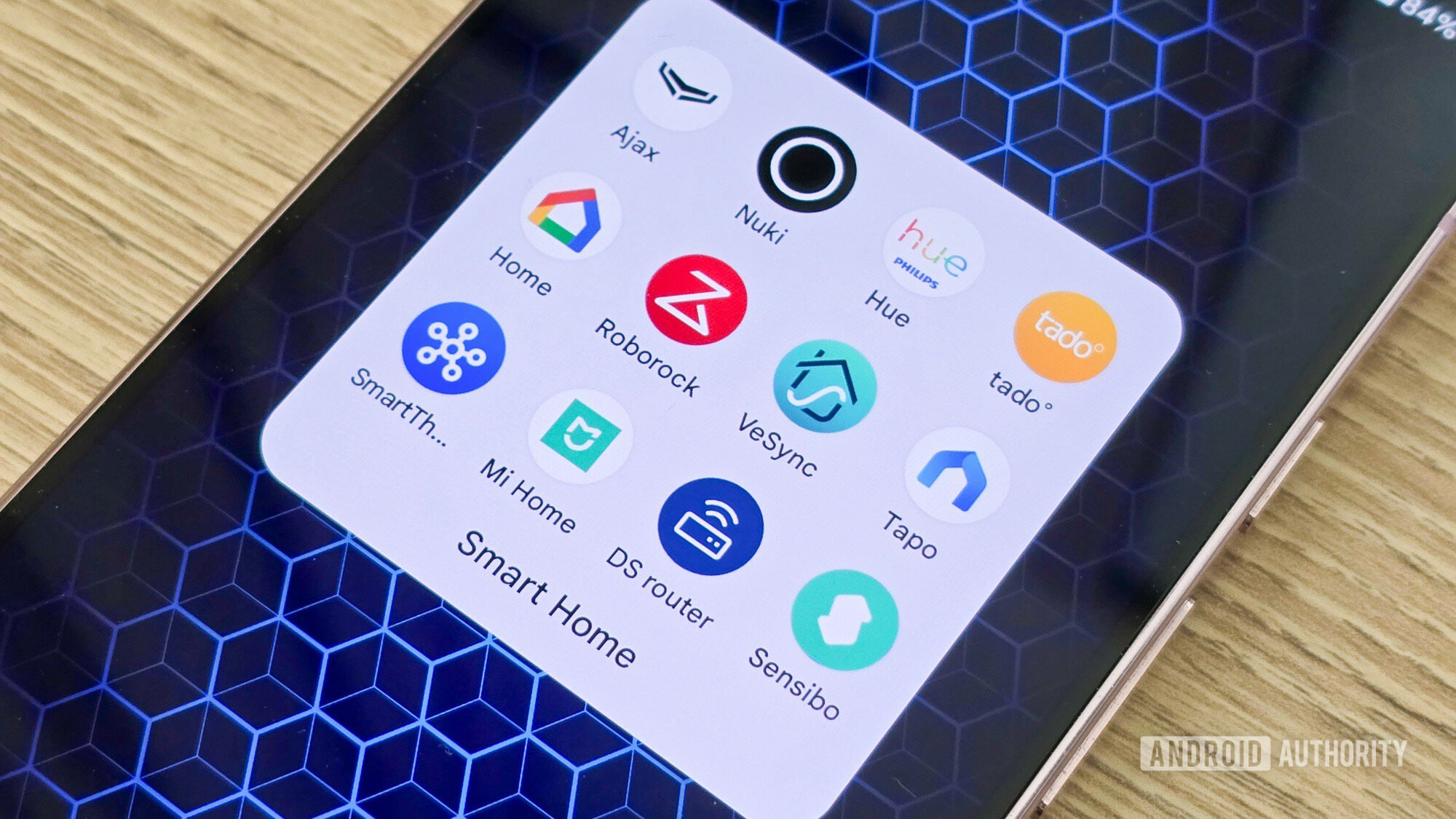





![What features do you get with Gemini Advanced? [April 2025]](https://i0.wp.com/9to5google.com/wp-content/uploads/sites/4/2024/02/gemini-advanced-cover.jpg?resize=1200%2C628&quality=82&strip=all&ssl=1)












![Apple Shares Official Trailer for 'Long Way Home' Starring Ewan McGregor and Charley Boorman [Video]](https://www.iclarified.com/images/news/97069/97069/97069-640.jpg)
![Apple Watch Series 10 Back On Sale for $299! [Lowest Price Ever]](https://www.iclarified.com/images/news/96657/96657/96657-640.jpg)
![EU Postpones Apple App Store Fines Amid Tariff Negotiations [Report]](https://www.iclarified.com/images/news/97068/97068/97068-640.jpg)
![Apple Slips to Fifth in China's Smartphone Market with 9% Decline [Report]](https://www.iclarified.com/images/news/97065/97065/97065-640.jpg)

































































































































